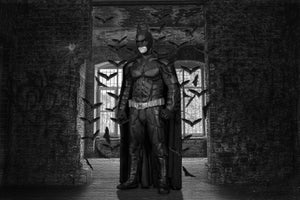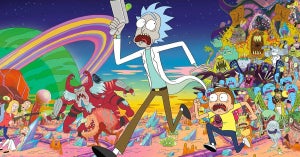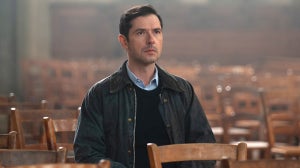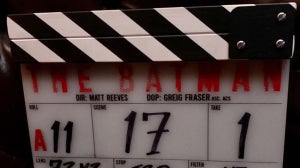
He explained to Zavvi: "The history of TV shows moving to the big screen is not a happy or fruitful one and looking back through them, I found myself haunted by movie adaptations of British sitcoms.
"Sitcoms are by their very title defined by the situation the characters find themselves in, and yet in the '70s and '80s, the formula was to take these characters and send them on holiday – removing them from the universe of their shows and what makes them special.
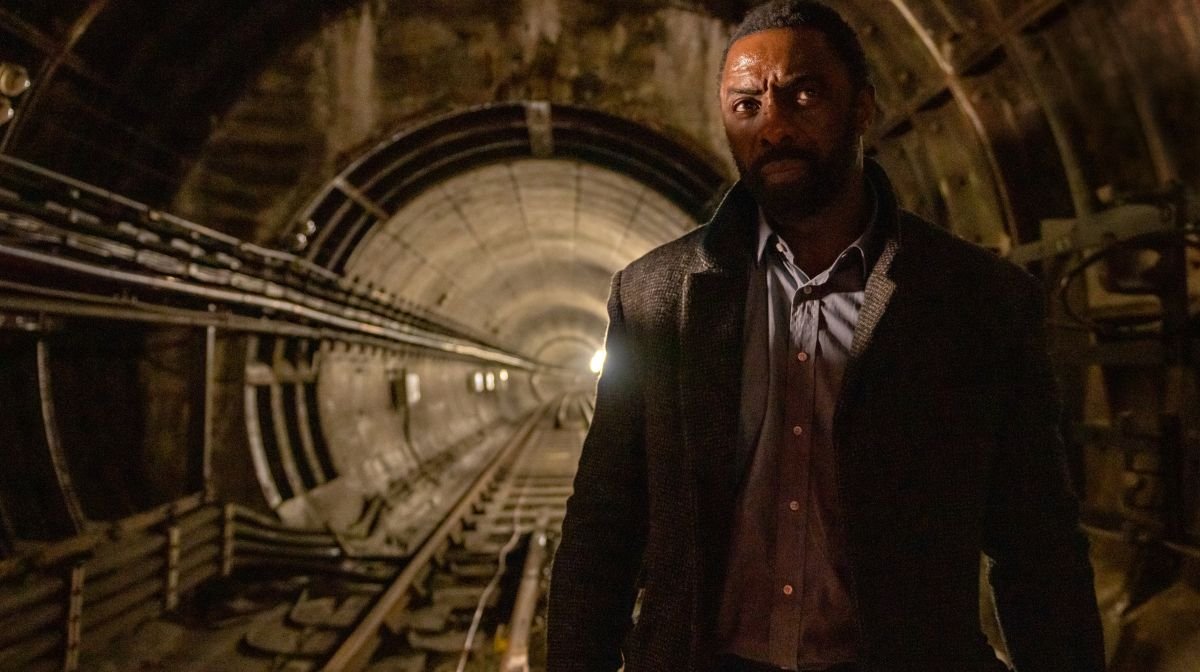
“I was up late at night thinking about Holiday On The Buses, the Only Fools And Horses movie where they go to Miami, and the Are You Being Served film where they go to Spain.
"They aren’t all bad, but the best of them is the Porridge movie – and that’s about a character escaping from prison, even though the show it’s adapted from is a prison sitcom.
“Although actually, saying that out loud, I’ve now just realised how much of a debt our movie owes to Porridge!”
https://www.youtube.com/watch?v=EGK5qtXuc1Q
Yes, in an unintentional coincidence, the plot of 1979’s Porridge acts as a blueprint for film Luther: The Fallen Sun, which picks up where the show’s fifth season left millions of viewers hanging four years back.
Idris Elba’s tortured detective ended the series getting imprisoned for his crimes, but in this movie we see him escape from his cell as he takes it upon himself to lead the hunt for serial killer David Robey (played with theatrical glee by Andy Serkis) who keeps taunting him.
It’s a bold narrative transformation for the show, with Luther now firmly outside of the law, further complicating his relationship with a police force (now led by Cynthia Erivo’s detective Odette Raine) eager to sever all ties with the man who broke too many of their rules.

But despite having the fear of film adaptations that alter what makes their TV source materials work, this was Cross’ plan as far back as five years ago, something decided upon when shooting on the show’s fifth season wrapped.
He continued: “The first thing to consider when writing a movie adaptation of a TV series is to make sure the audience knows that psychologically, the show is still taking place within the same territory, even though the canvas is broader.
“We always knew that season five was the end of DCI John Luther, he couldn’t get his badge back after that, which meant there had to be a new dynamic in place for the movie.
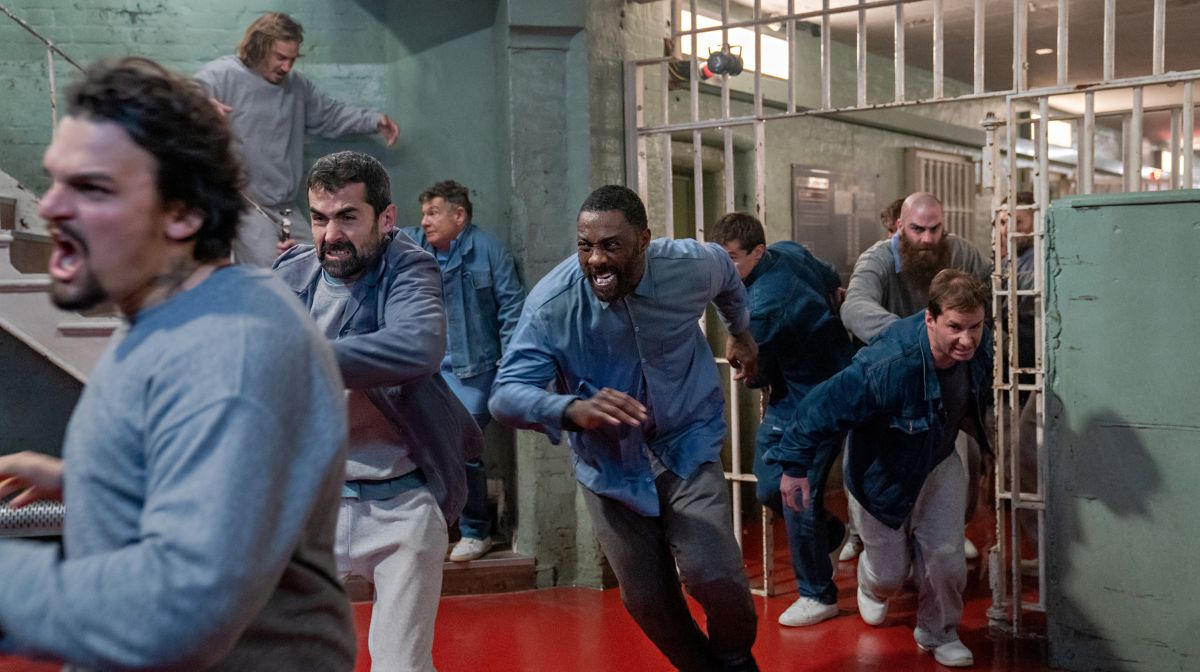
"Me and Idris had been talking about plans for a Luther movie as far back as the first season, but it was coming to visit him and Jamie [Payne, director] on set on a cold winter day, seeing him in costume as Luther, when the idea just came to me.
“He was getting back in his trailer and I said a single sentence: 'he escapes from prison to solve a crime'. It was the perfect way to ensure that it would continue the story from season five that fans wanted, whilst allowing us to expand our canvas further.”
Serial killer David Robey is one of the most dangerous adversaries Luther has ever encountered, a cyber-criminal who has built a dark web empire through live-streaming elaborate acts of murder and suicide.
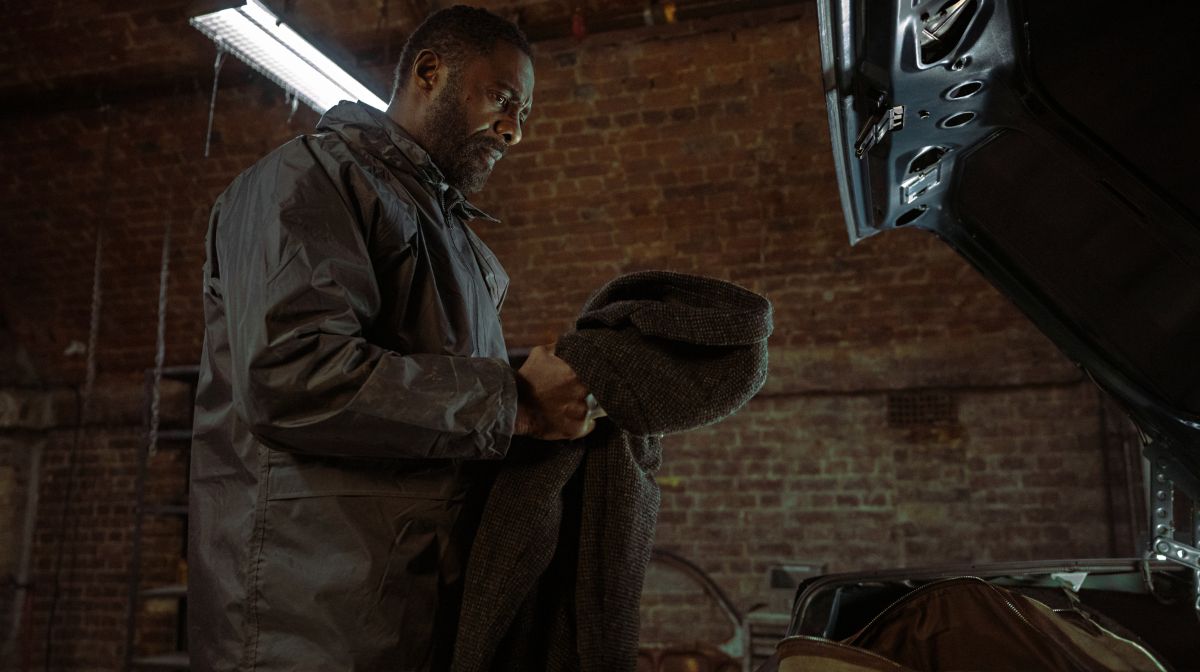
To make sure the tracks are always clear, Robey catfishes members of the public, getting them into compromising (and often illegal) situations, then using the video evidence as blackmail to make sure they have no choice but to commit the unthinkable.
Cross added: “I’ve always been interested in the power of shame and how in our most private moments, we still have this fear that someone is watching – whether it’s a God, a real-life third party, or your own conscience.
“But these days, we share that private self on the internet, where someone really is watching, and the idea of it being someone like David Robey is terrifying to me.
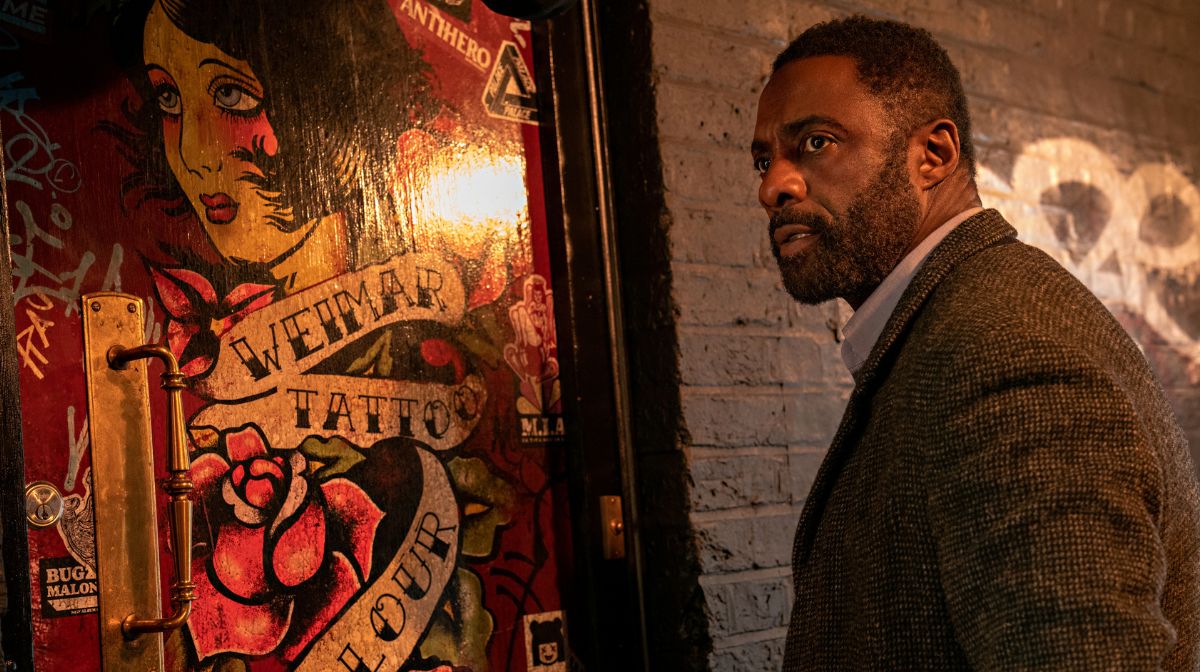
"It’s also terrifying from the other side, when you see the men watching his streams of torture and murder: there’s an aspect of our psychology as men that will often intrigue us to watch the unthinkable.
“I’ve never seen the footage of Saddam Hussein getting hanged for example, but there’s always been a part of me interested to see it – we always have to fight our own impulses to watch this dark content.
"Luckily, I have the privilege of being able to channel that to write nasty things for TV!”
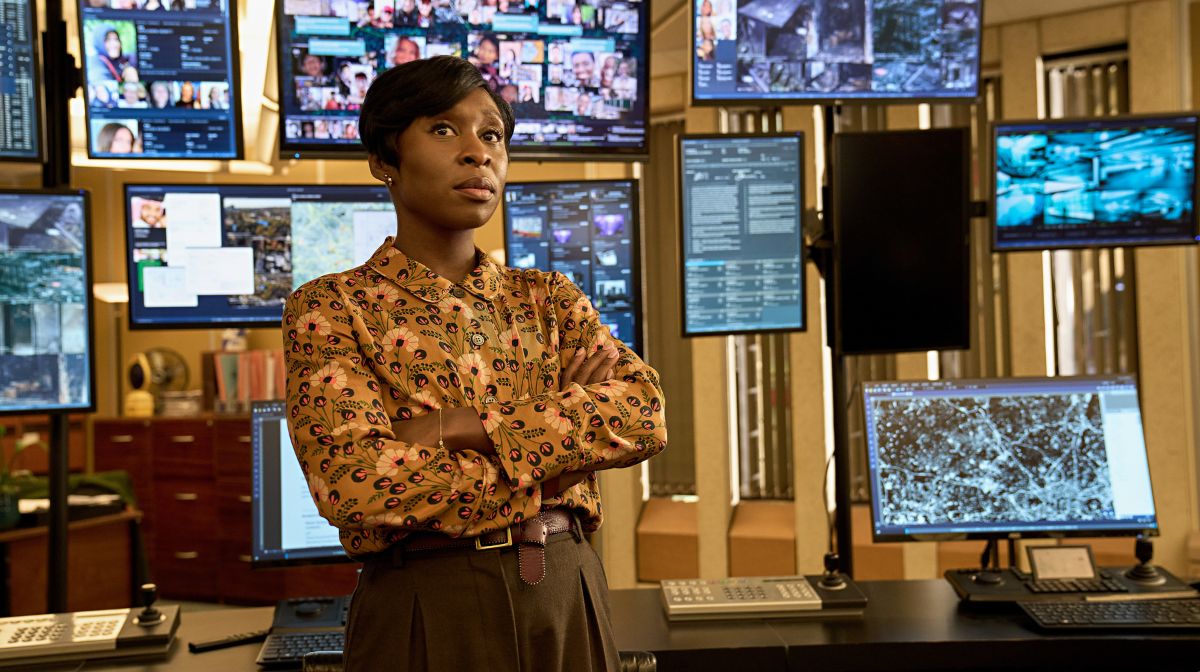
Director Jamie Payne, a veteran of the BBC series, approached returning to the world of Luther as a fan first and foremost – he's keen to stress that, long before he was in the director’s seat, he was tuning in every single week.
Because of this, his approach has long been to ensure he makes something that feels “complete”, not setting up any future cases for Luther to solve.
“As a viewer, I always get frustrated when a show never feels complete: a season ends without a conclusion and you’re left with nothing more than a 'coming soon'.
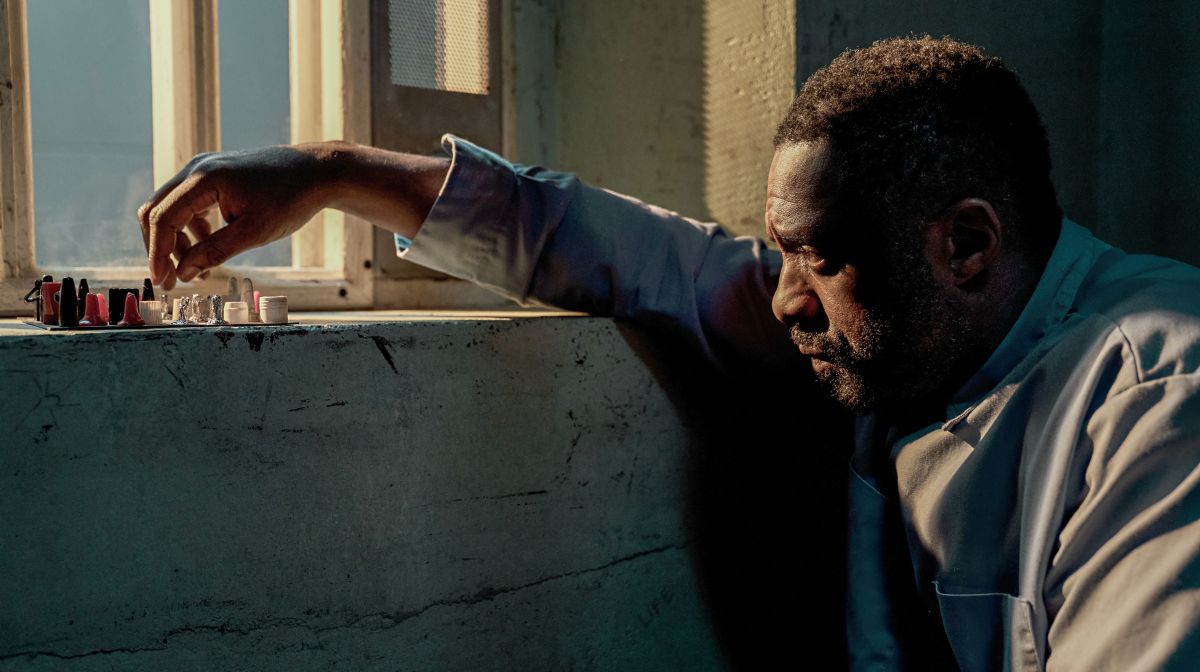
"For the entire time I’ve been working on Luther, whether it’s on a multi-episode arc or a feature film like this, I always want to make something that feels complete – of course, we want to leave the door open, but we don’t want to leave an audience feeling like they have to wait to hear the end of the story.
“One of the biggest privileges of this job has been hearing Neil play around with ideas for bigger set pieces, which was the biggest evolution from the series.
"You couldn’t make a sequence like the Piccadilly Circus one in the show, it’d take away too many resources from everything else, but with the film we had the time to explore those.
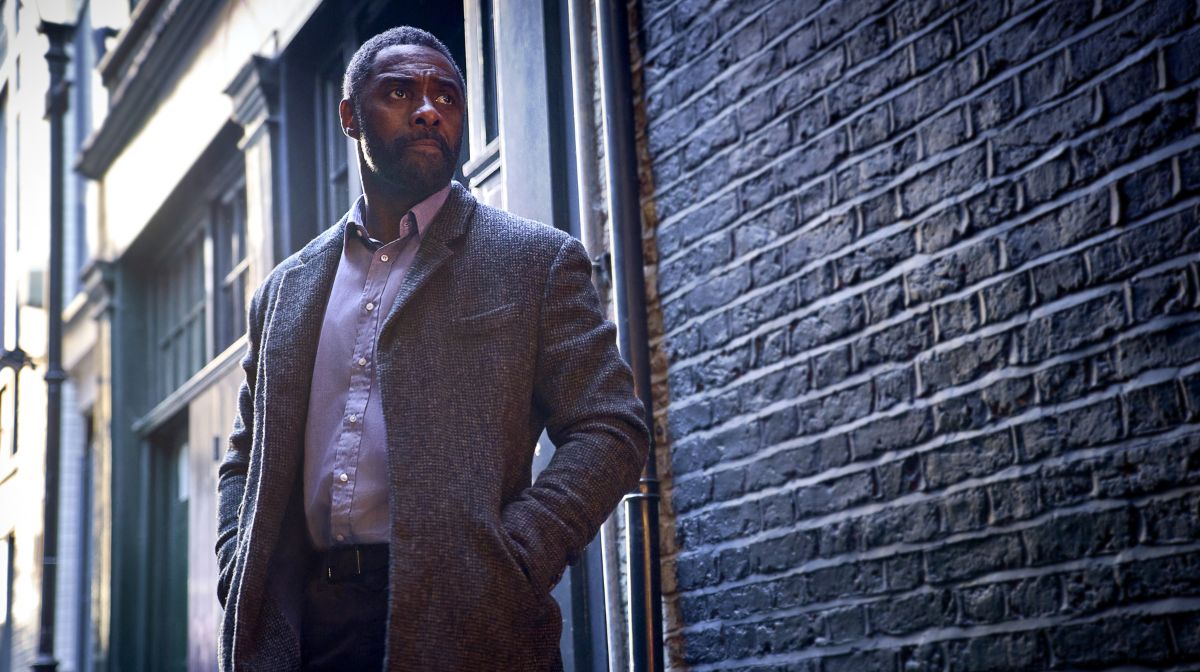
"But even with a higher budget, it’s still all about considering whether those work for the story we’re telling: the canvas may be bigger, but we want you to feel like you’re in safe, familiar hands.
“Playing with the grander scale is a privilege, but as a fan, I think the biggest pull is spending the longest amount of uninterrupted time with Idris in that role, which is a true gift.
"I mean, yes, if you watched one of the previous seasons in one sitting, you could argue that it’s like watching a four-hour Luther movie – but in reality, nobody will ever watch a four-hour movie unless it’s directed by Scorsese!”
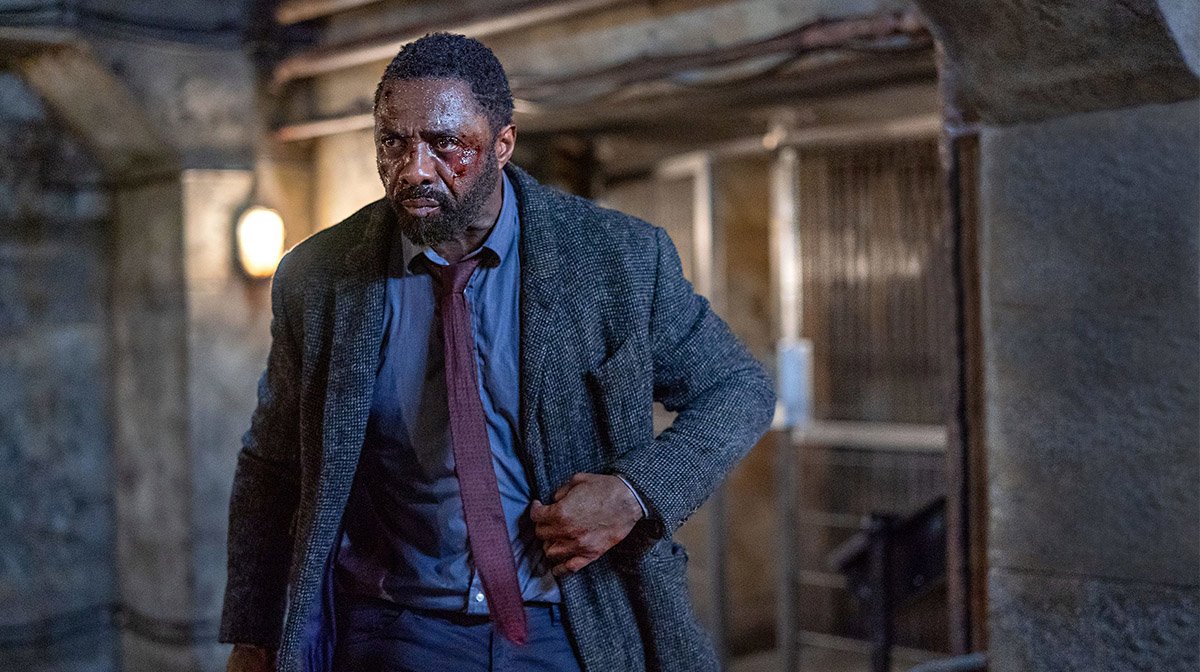
In the series, everybody who gets close to Luther winds up meeting a grizzly demise, but that isn’t exactly the case here. After a decade of putting him through the ringer on the small screen, have Cross and Payne finally given Luther a redemption arc?
“It’s interesting, as when we were thinking of titles for the movie, the word 'redemption' was always circling around”, Payne continued.
“But to us, redemption feels like it would be too much of a conclusion – after this story ends, he’s going back out into the world alone, like John Wayne walking off at the end of The Searchers.”
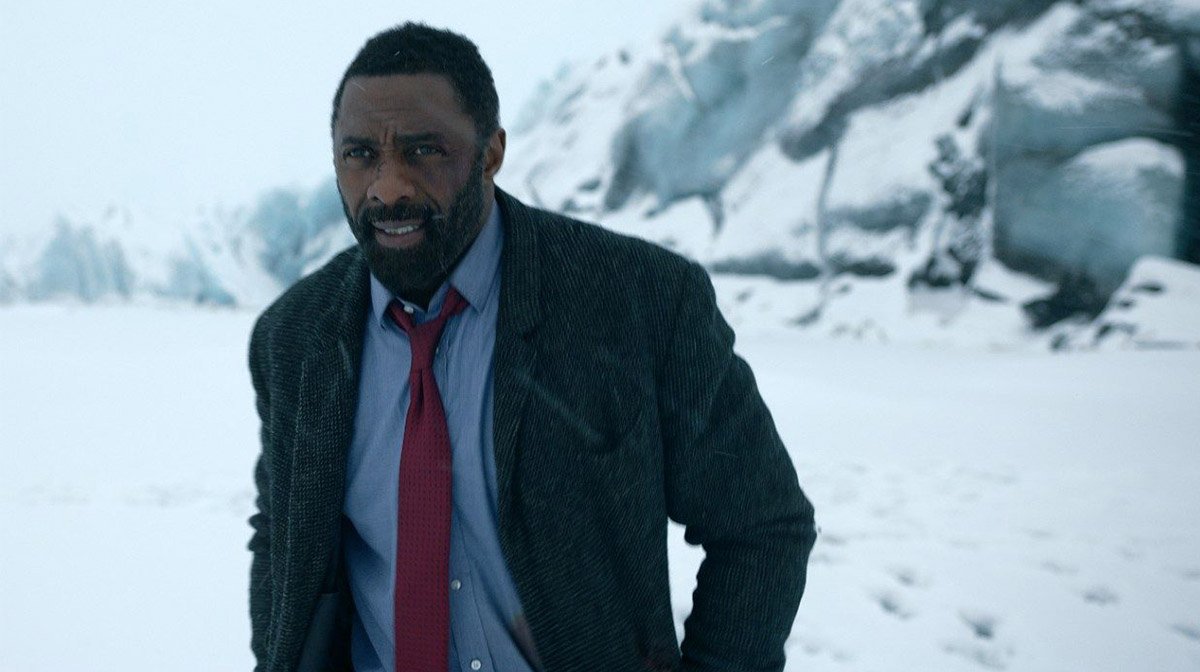
Without going too far into spoiler territory, the door is left open for another series, or even a potential film sequel. But Cross, ever the tease, wants to keep fans guessing as to what that will entail.
“We always tell complete stories – but there’s also always a crooked finger leaving the door open, warning John Luther that something could be waiting for him.
“I don’t yet know what his return will look like, but there is one thing I can guarantee you right now, on the record: that return is not going to be a light-hearted musical comedy.”
Luther: The Fallen Sun is released on Netflix on Friday 10th March.For all things pop culture, follow us on Facebook, Instagram, Twitter, and TikTok.


